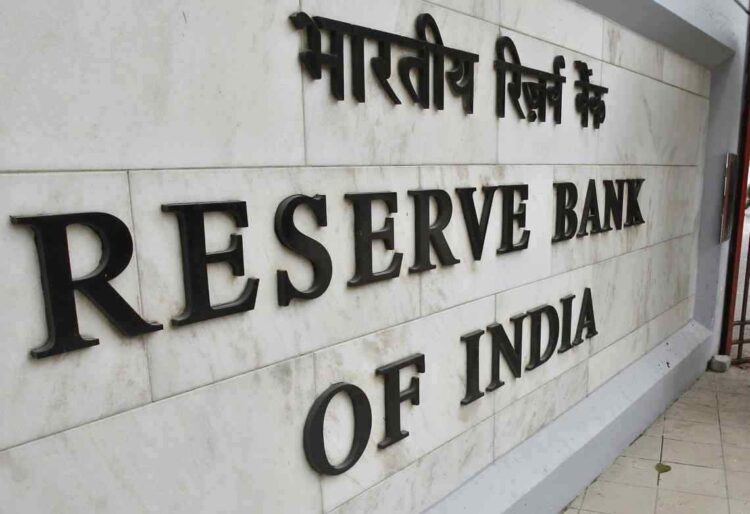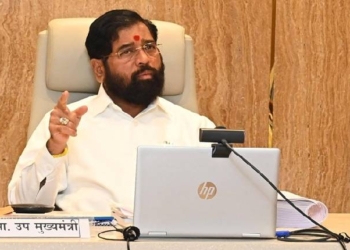Mumbai: Following a string of online bomb threats in the country, the Reserve Bank of India (RBI) has received a bomb threat via email, second such incident in a month for the Central Bank.
Apparently written in the Russian language, the email was sent to the official website of the Central Bank on Thursday afternoon, threatening to blow up the building with explosives.
The police have registered a case against the unknown sender at Mata Ramabai Marg (MRA Marg) police station in Mumbai.
The authorities were actively investigating the matter and working to track down those responsible for the email threat.
On November 16, a similar bomb threat was received on the RBI’s customer care number and the caller claimed to be the “CEO of Lashkar-e-Taiba”.
During the call, the accused reportedly sang a song over the phone before issuing the threat. The Lashkar-e-Taiba terror group had carried out the 2008 Mumbai attacks, one of the deadliest terror attacks in the country.
The matter was immediately escalated to the Mumbai Police, who conducted a search. However, nothing suspicious was found.
The latest incident occurs at a time when the country continues to witness several hoax threat calls, primarily targeting airlines and schools.
On Friday, six schools in Delhi received a bomb threat via email. The police were following the usual standard operating procedure (SOP) of undertaking detailed checks, said officials.
Delhi Police said in a statement: “We are following the usual SOP of undertaking detailed checks wherever such mails are received.”
The email also included the dates on which these schools may face a bomb blast, “December 13-14 these both days can be the day your school will face a bomb blast.”
“Reply to this email for our demands, otherwise, the bombs will be detonated,” warned the mail.
On December 11, over 40 schools in Delhi were targeted with emails demanding a ransom. The emails claimed multiple bombs were planted in school buildings. In all the cases, no explosives were found, but the threats caused significant disruption.
(IANS)
















